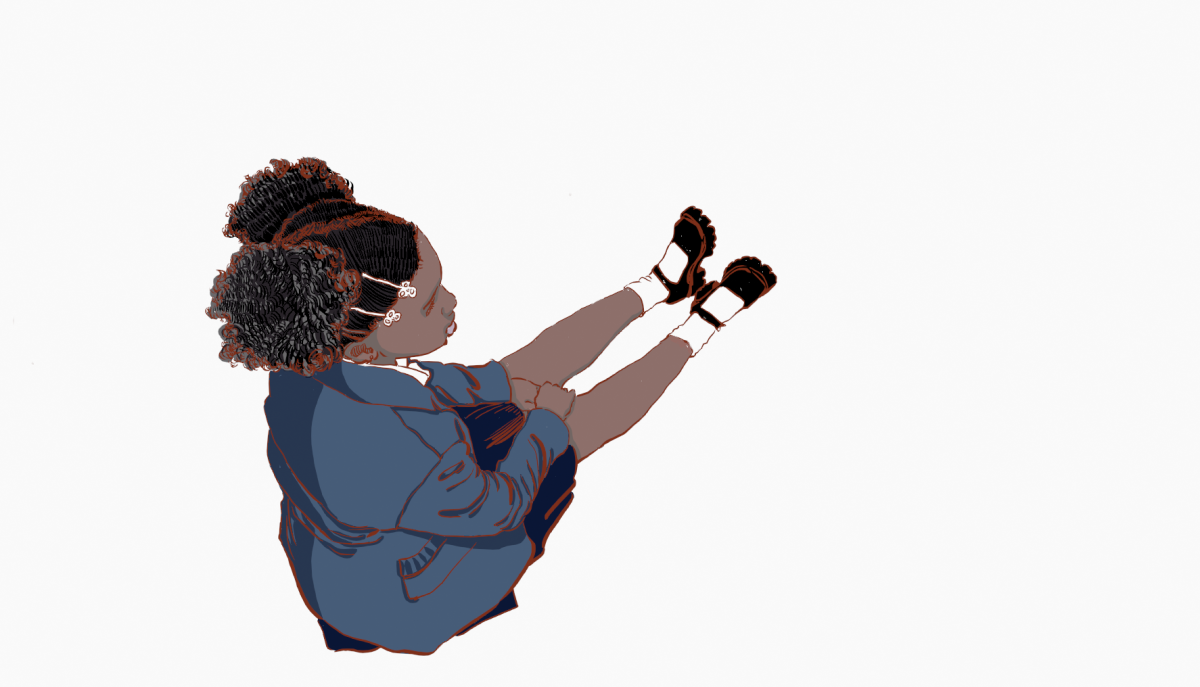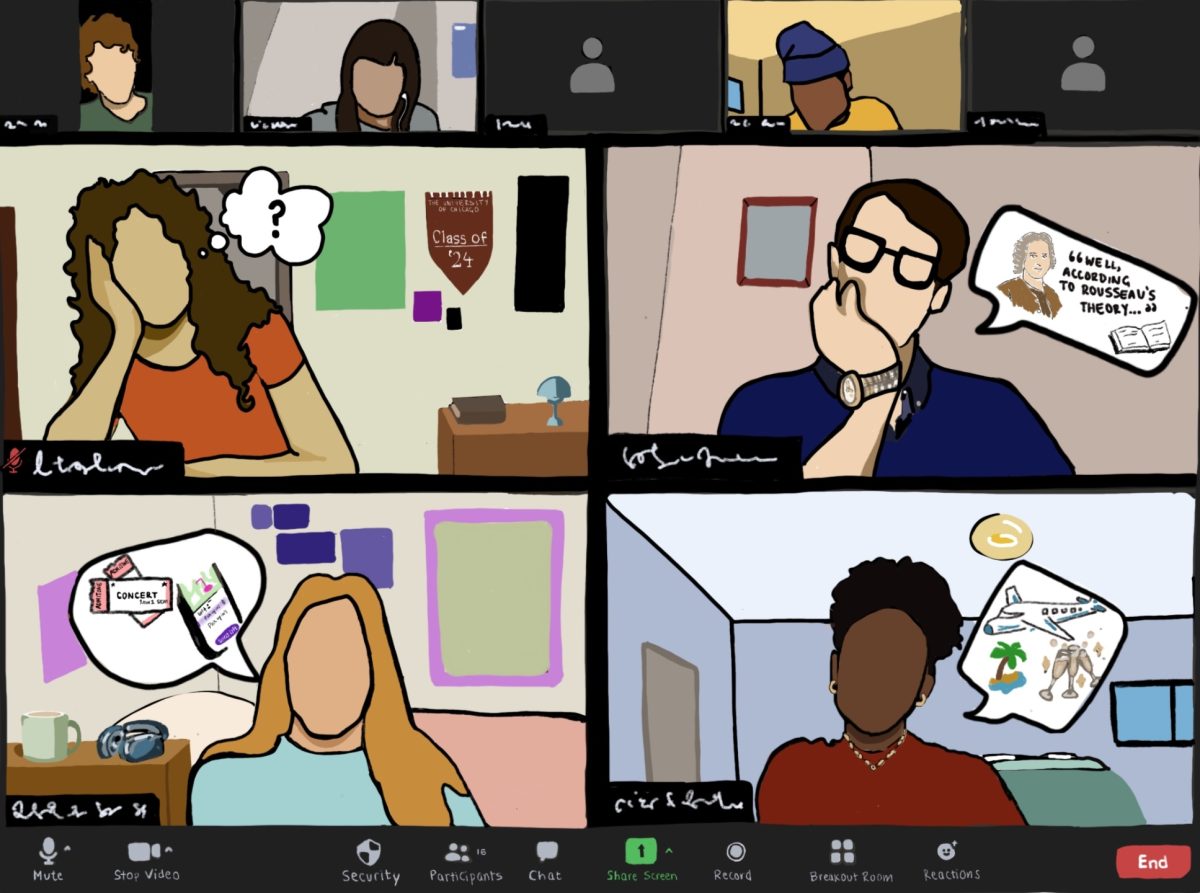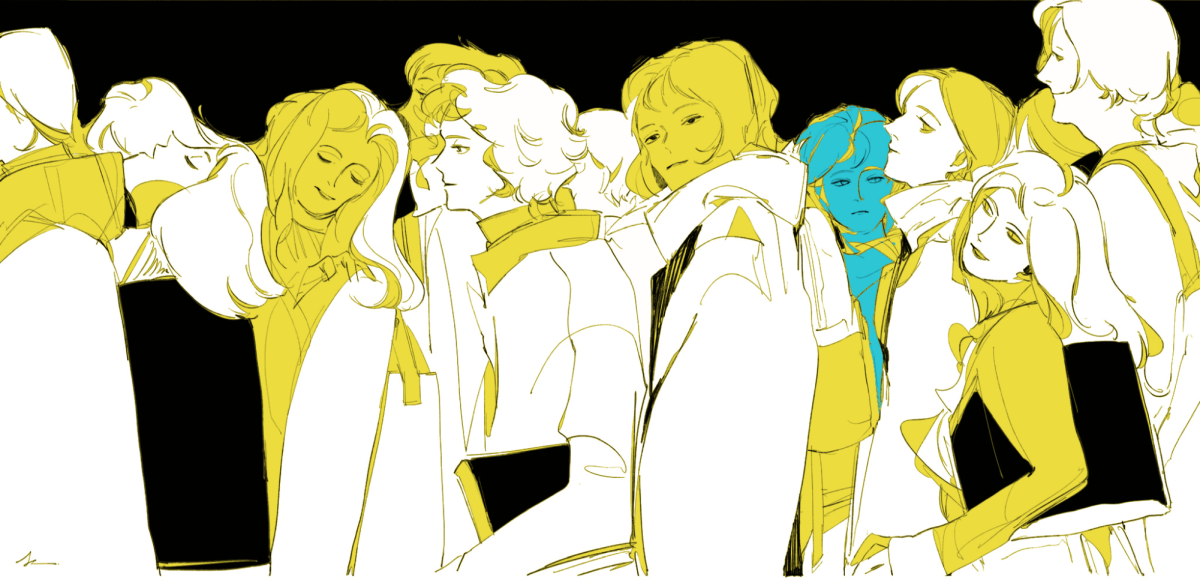On June 29, 2023, the United States Supreme Court overturned more than 40 years of legal precedent when it struck down affirmative action policies through a lawsuit involving both Harvard and the University of North Carolina at Chapel Hill. For those not acquainted with affirmative action, it was essentially a legal guideline empowering colleges and universities to grant preferential admissions to historically underrepresented groups in the American education system. This aimed to provide opportunities for individuals from minorities and low-income backgrounds to attend universities that had a history of exclusion. The fact is that the challenges faced by first-generation, low-income African American students in navigating higher education in this country are fundamentally distinct from those encountered by other racialized groups. This is partly because many minority students, upon gaining admission to prestigious colleges and universities, encounter not only academic hurdles but also socioeconomic challenges, requiring them to navigate substantial wealth disparities throughout their college experience. The issue is complex and stems from the inherently unequal structure of the American education system.
The education system in this country has proved to be ineffective in getting low-income, Black students to the level that allows us to even be considered for Ivy League admissions. In fact, using “merit” alone is not sufficient to assist Black students in getting accepted into top institutions like Harvard, Yale, and UChicago. This is because public schools around the country have been stripped of the means to provide low-income students with the tools needed to perform well on standardized exams. In fact, since most local school districts depend on property taxes as a source of revenue, schools situated in communities with higher wealth concentrations can allocate more resources to enhance facility conditions, implement advanced programs, and provide SAT and ACT preparation. The allocation of resources to students in more generously funded school districts significantly influences the accessibility of higher education for individuals from backgrounds of generational wealth in this country.
In his concurring opinion on the June 29 ruling, Justice Clarence Thomas wrote, “I continue to strongly believe…that ‘blacks can achieve in every avenue of American life without the meddling of university administrators.’… Meritocratic systems, with objective grading scales, are critical to that belief. Such scales have always been a great equalizer—offering a metric for achievement that bigotry could not alter.” From Thomas’s concurrence, it would seem as if the American education system has equipped all students, regardless of race and class, with the skills necessary to meet the bare minimum standards for admission into Ivy League universities. But unfortunately, this hasn’t been the reality for most low-income, African American students aspiring to attend esteemed institutions but lacking the resources to compete with their counterparts from private high schools.
The University of Chicago is one of the most intellectually challenging institutions in the world. As a result, most UChicago students have felt intellectually inadequate at certain times.
However, African American students and alumni face a certain unique form of imposter syndrome and rhetoric regarding our intellectual inadequacies that other students do not have to face. The idea that I “got in” because I’m Black implies one of two things. One, that the significance placed on my race during the admissions process overshadowed all of my intellectual accomplishments. The other, that I am only deserving of my spot at this university simply because I “fulfill a status quo,” which implies that I have no intellectual capacity to exist within this environment. I consider the latter more offensive simply because implying that someone earned their position solely to fulfill specific racial quotas, without recognizing pre-existing systemic barriers, completely contradicts the underlying goals of policies such as affirmative action or initiatives promoting diversity, equity, and inclusion. Regardless, both scenarios demand that we justify or explain our worthiness for a place in this university, but, given that many of us do not have the mental stamina to debate our intellectual capabilities, this issue is usually left unaddressed. Regardless, it is important that universities continue to find creative solutions to address the lack of racial diversity on college campuses if we truly want to encourage intellectual growth through the power of diversity in perspective.
Instead of just critiquing for the sake of criticism, I’d like to offer a few recommendations on how universities should go about “achieving” diversity in light of the recent Supreme Court ruling. First, an institution should ask themselves, do we really want racial diversity? If so, I fundamentally believe that there are several ways that universities can discover the most academically driven minority students, especially those from communities with very few resources. For example, a university could connect with undergraduate students involved in programs that serve high school students in the community. Additionally, universities should try their best to increase pre-admissions access to their academic environments. For instance, universities should provide not-for-credit, college-level courses, allowing high school students to briefly experience campus life during the summer before their senior year. This approach seeks to increase their familiarity with both the anticipated academic rigor and the college lifestyle, ultimately aiming to inspire them to contemplate returning to that college or attending elsewhere.
Access simply refers to the ability of one to be exposed to all aspects of higher education in America. Access is one of the most powerful things—continual exposure increases one’s sense of confidence to navigate the college admissions process. However, regardless of one’s level of confidence, if a university is not committed to fostering racial “diversity” among its student and faculty populations, this student is likely to be deterred from choosing that particular institution. For example, having a professor who looks like you makes a world of difference for Black students who attend predominantly white institutions. While there exists a longing for access to the opportunities and advantages associated with attending a prestigious institution, nobody wants to consistently be seen as an outsider in every class, do they?
Despite the reversal of affirmative action, colleges and universities still possess the capacity to preserve racial diversity within their student body. The fundamental challenge now revolves around their willingness to do so. Nevertheless, universities can implement various strategies to reassure both current and prospective minority students of their commitment towards promoting equity and fairness, taking into consideration the inherently unequal structure of the American education system.












